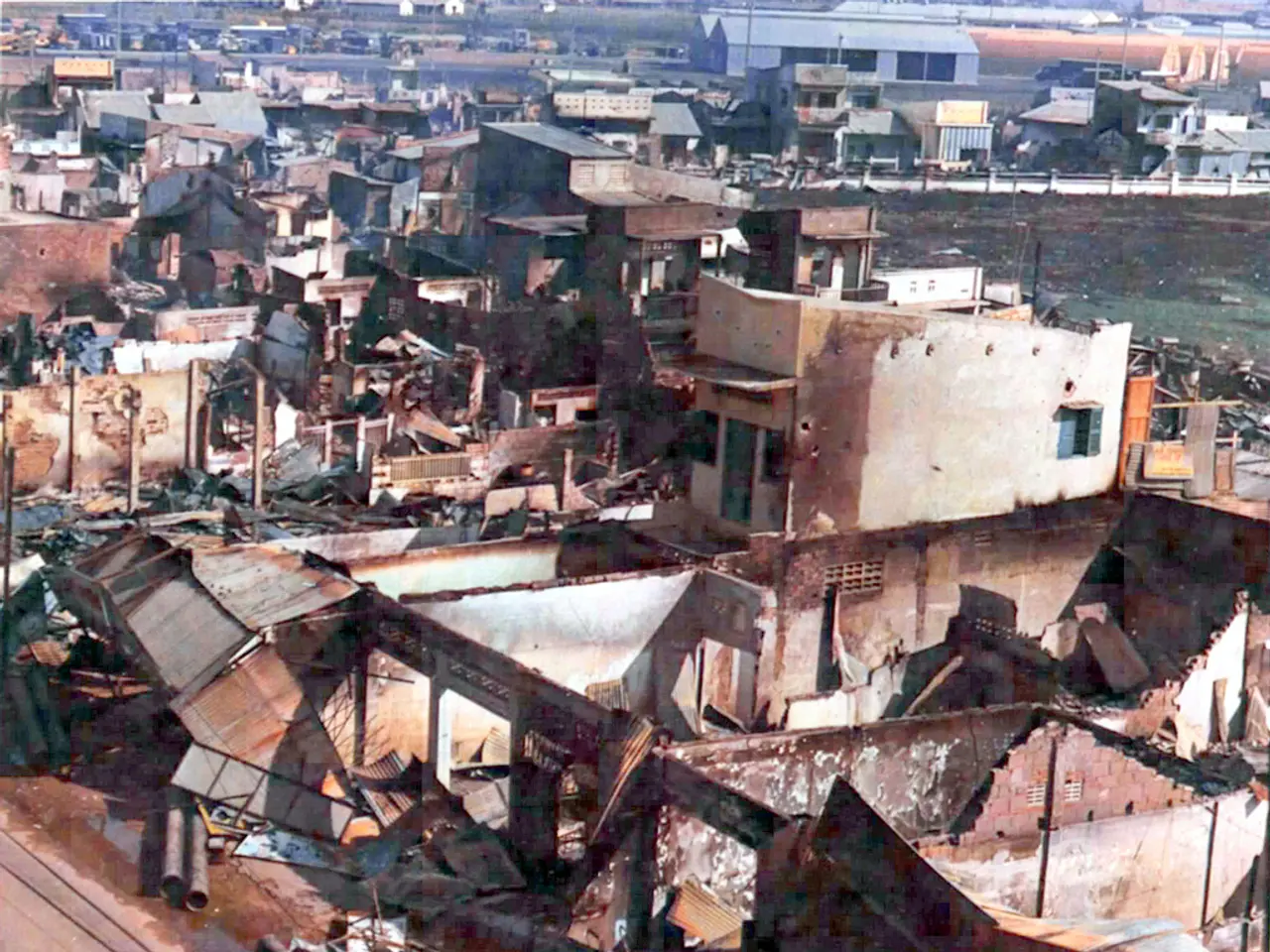Government collapses following vote of no confidence in France
In a significant turn of events, the minority government led by François Bayrou has collapsed, following a crushing defeat in a vote of confidence in the National Assembly. With 364 MPs voting against and only 194 expressing confidence, Bayrou's government has fallen, marking the second such incident within a year.
The outcome of this vote is a setback for President Emmanuel Macron, who now faces pressure to quickly present a new prime minister to avoid being overwhelmed himself. It remains unclear who Macron's centrist forces will put forward as a successor, but potential candidates could include Gérald Darmanin and Sébastien Lecornu from Macron’s Renaissance alliance.
The collapse of Bayrou's government has raised concerns about political instability, which could lead to a loss of confidence in the markets, further burdening France's finances. France faces an urgent need to consolidate its fiscal policy and pass a budget for the coming year due to its heavy debt.
The complex political dynamics at play are evident as neither Macron's centrist bloc, the left-wing alliance, nor Marine Le Pen's right-wing nationalists have an outright majority in the lower house. The left-wing LFI is pushing for Macron's removal and early presidential elections, while the far-right also calls for elections, either through the dissolution of the National Assembly or Macron's resignation.
The potential implications of these events extend beyond France's borders. Berlin and Brussels should expect less initiative from Macron in the coming days as he takes a lower profile on the international stage. The far-right leader's ability to run in the election is uncertain due to an ongoing legal procedure, adding another layer of uncertainty to France's political future.
It's important to note that Macron cannot run for the presidency again in 2027 after two terms. This raises questions about who Macron could form a stable government with, and who the centrists might propose as Macron's successor for the 2027 presidential election.
These developments underscore the challenges France faces in navigating its political landscape and finding a path forward that ensures stability and economic growth. As the situation continues to evolve, it will be crucial for all parties to work towards finding a solution that benefits the country as a whole.
Read also:
- Lu Shiow-yen's Challenging Position as Chair of the Chinese Nationalist Party (KMT) Under Scrutiny in Donovan's Analysis
- Japanese leader stepping down from office
- Leaders Pashinyan and Aliyev convene at the Shanghai Cooperation Organisation's annual gathering
- Policies proposed by Prabowo are causing a mix of optimism and unease among Indonesians








